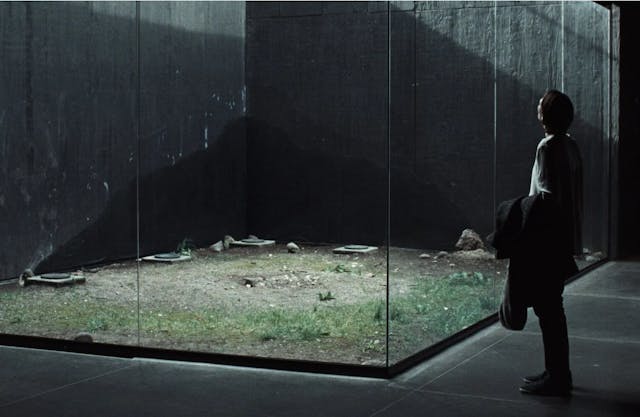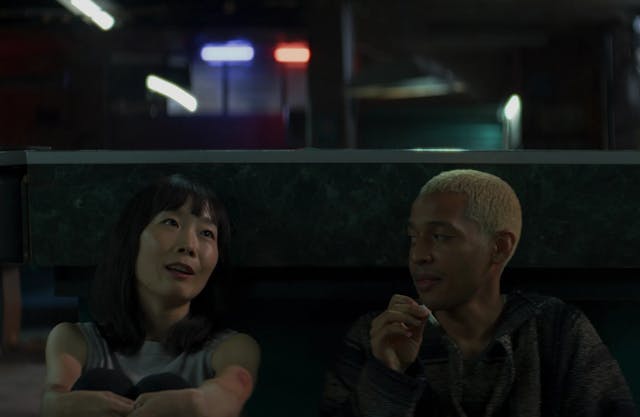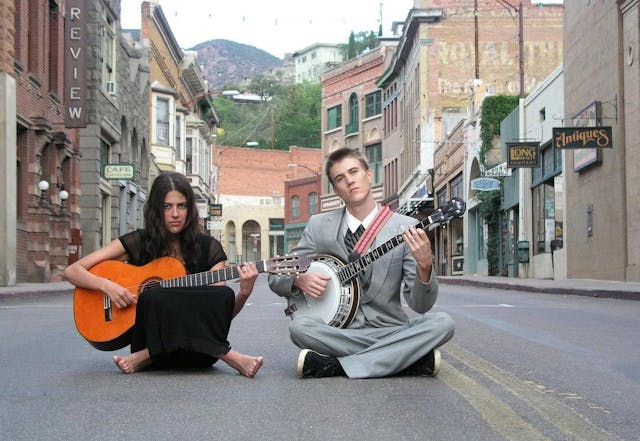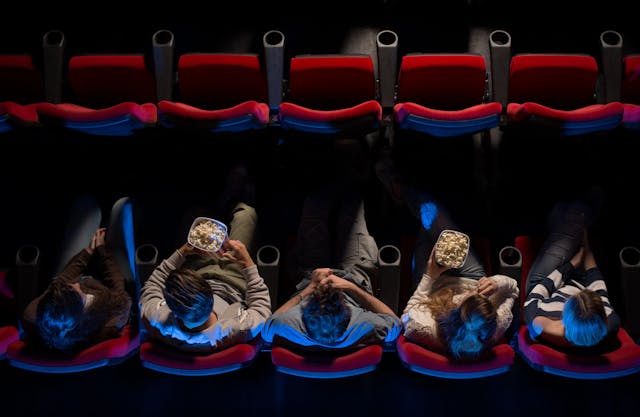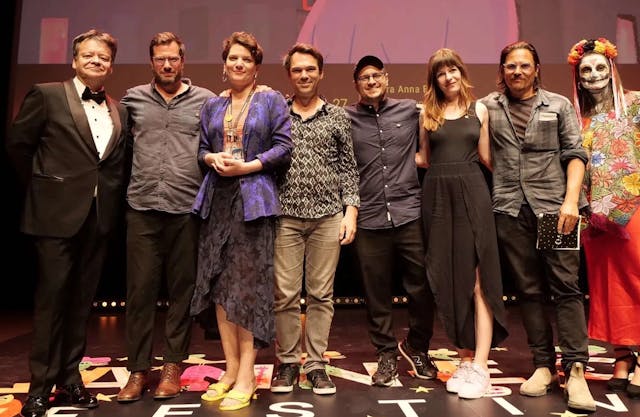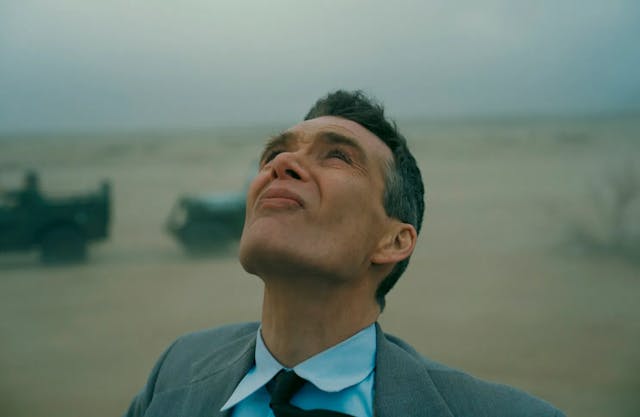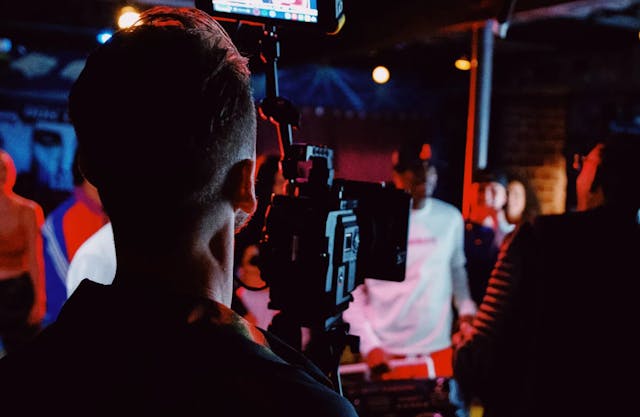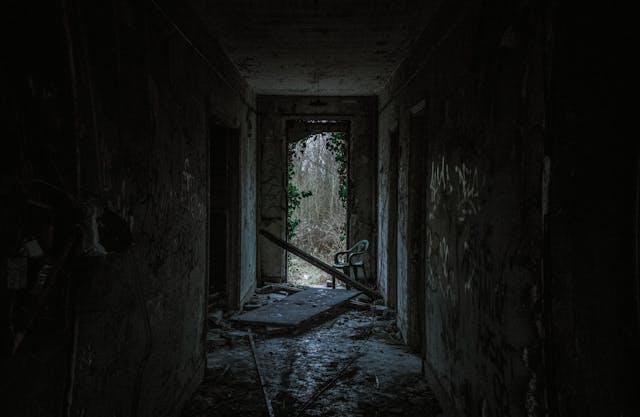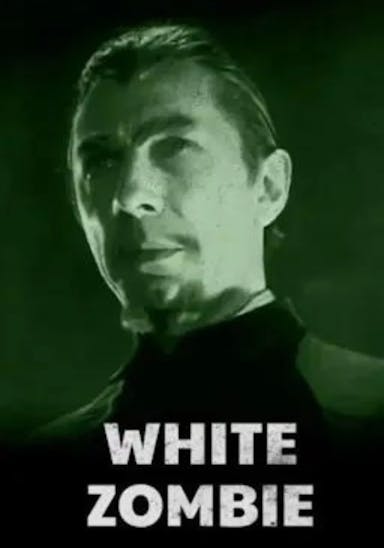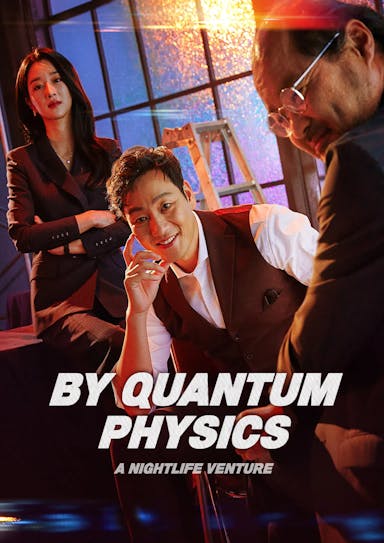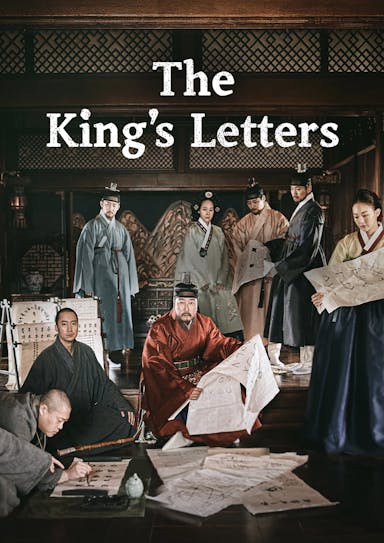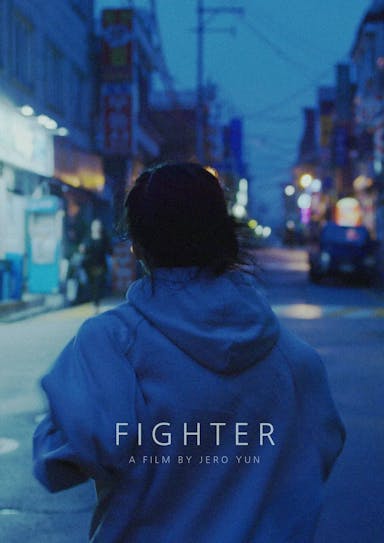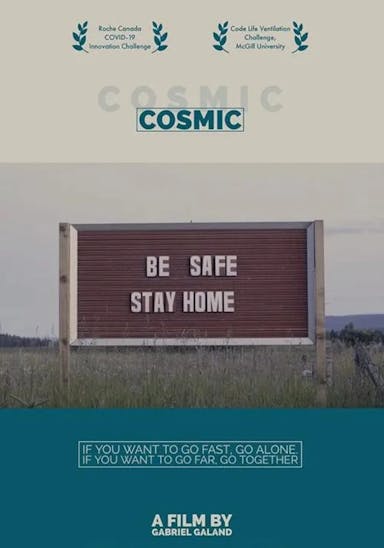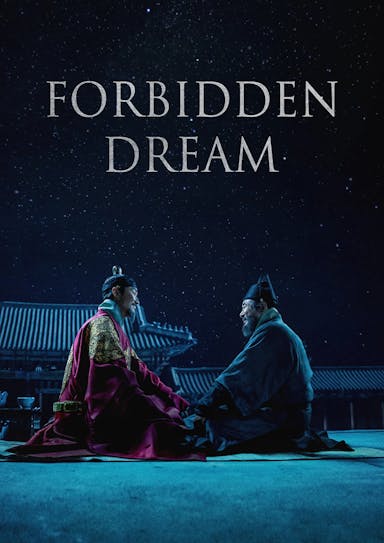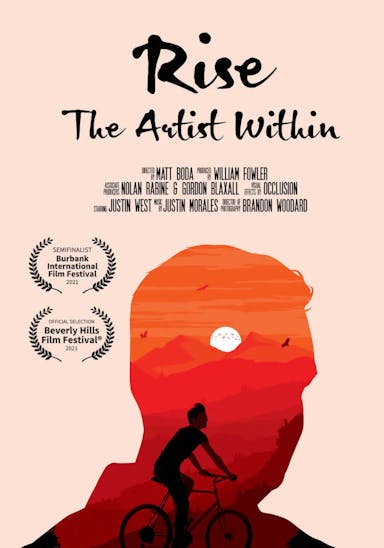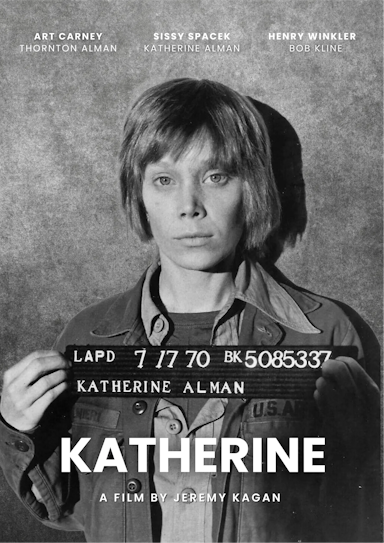Everything You Need to Know about the Cannes Film Festival
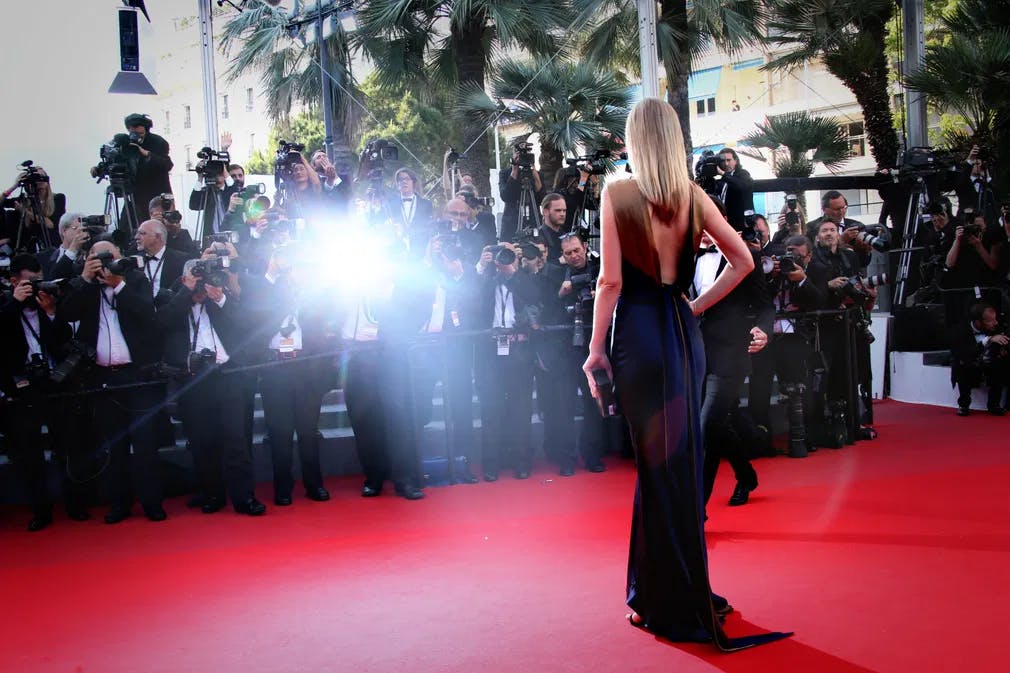
Strike a pose: a celebrity faces the paparazzi on the Cannes red carpet. / Photo by Denis Makarenko©, courtesy of Dreamstime.
Cinephilia blooms in spring thanks to the Cannes Film Festival. The hallowed French event usually takes place in May and brings filmmakers from all over the world. Film distributors roam the market stalls, preparing deals for future hits and award-winners. It may not be the first fest of the year—that honor goes to Sundance if you keep it local, or the Berlinale if you go cosmopolitan—but nobody can beat Cannes regarding cultural footprint. Let's see what the brouhaha is all about before the red carpet rolls on May 14, 2024.
What is the Cannes Film Festival?
The Cannes Film Festival is the top movie event in France, Europe, and probably the world. The films in the Official Selection can enter other competitions and sidebars at the Festival.
Official Competition
Several movies are selected to compete in the Official Competition for the Palm d’Or, the Festival's top prize every year. A Selection Committee is in charge of choosing those who enter the main competition. The group includes the Festival’s President and other associates. Filmmakers may submit their films, but the Committee also extends invitations. They may zero in on a new filmmaker getting buzz in professional cinema circles or invite established talents and past winners. Their decision may be based on a preliminary cut or the expected quality of a proven talent. This year, there are 22 films in contention, including Francis Ford Coppola's eagerly awaited "Megalopolis."
Past winners like Mr. Coppola - he won in 1979 for "Apocalypse Now" - always seem to have an open door. Wong Kar Wai won the Palme in 1997 for “Happy Together.” His three next movies made it into the Official Competition. It’s part of Cannes legend how he edited “2046” until the last minute, rushing to the Palais with a freshly printed copy for the opening screening. This level of commitment is heartwarming, but it backfires sometimes. Gus Van Sant won the Palme in 2003 for “Elephant,” his harrowing take on school massacres. He returned to the main competition three times, the last one with the dismal “The Sea of Trees” (2015), a universally panned drama starring Matthew McConaughey and Naomi Watts.
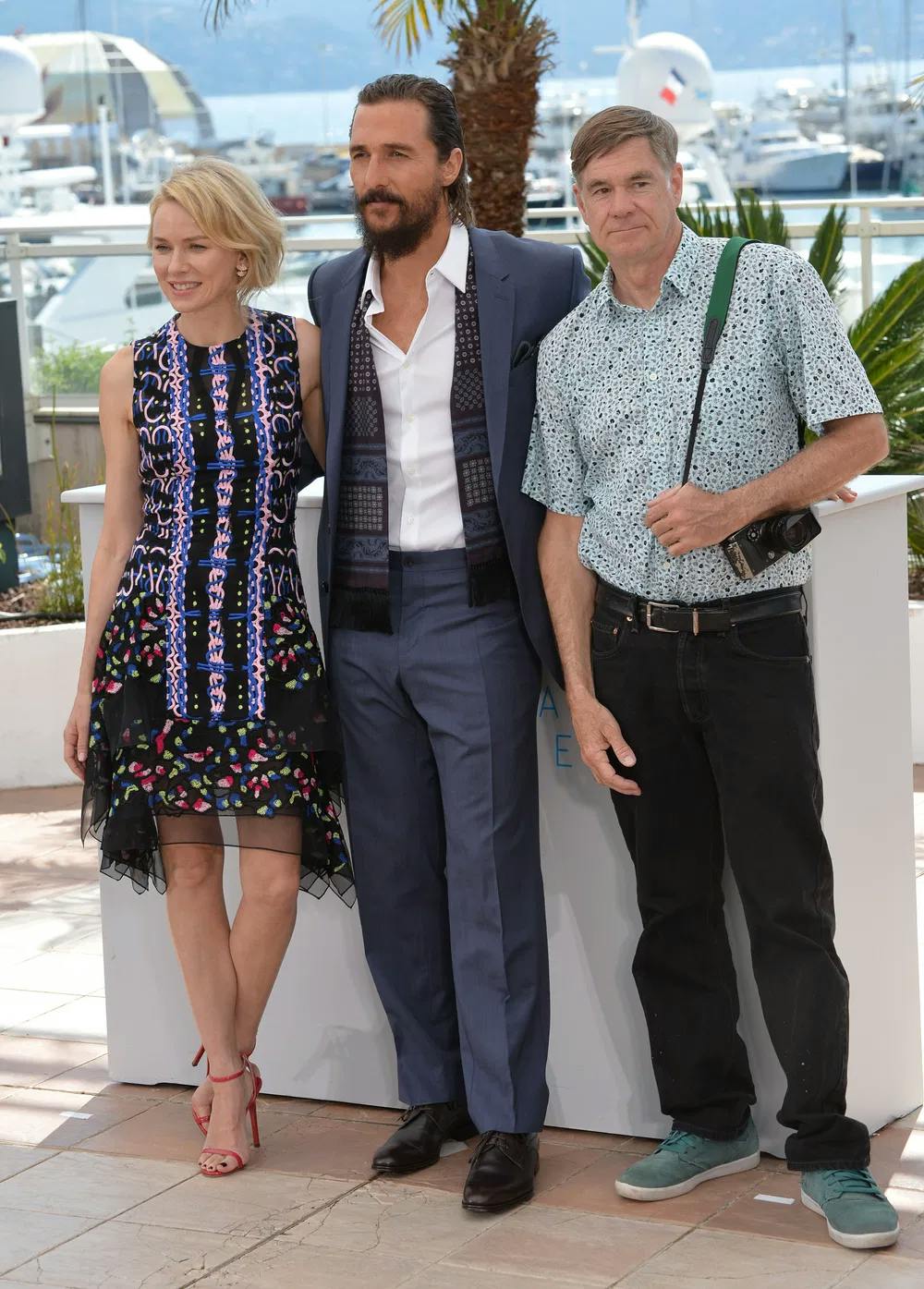
Drown in a "Sea of Trees": Naomi Watts, Matthew McConaughey, and director Gus Van Sant promote their 2015 film at Cannes. / Photo by Featureflash©, courtesy of Dreamstime.
The Festival began handing out a Grand Prix that would go to as many contestants as the Jury deemed worthy. The Palm d’Or arrived in 1955. The winner was “Marty,” Delbert Mann’s drama about a lonely butcher looking for love, with Ernest Borgnine and Betsy Blair.
Un Certain Regard
The title translates as “a certain look” and conveys alternative styles. It tends to new talent and up-and-coming filmmakers. The sidebar was born in 1978. Many directors who make it into this group end up in the club of artists invited to participate in future competitions and get “upgraded” to the Official Competition. Case in point: Apichatapong Weerasethakul. The Thai filmmaker won the Un Certain Regard Award in 2002 for “Blissfully Yours.” Two years later, he made it into the Official Competition with “Tropical Malady” (2004). Eventually, he won the Palme d’Or with “Uncle Boonmee Who Can Recall His Past Lives” (2010). His latest, “Memoria” (2021), also competed for the top prize.
Out of Competition, Cannes Premiers, and Special Screenings
These sidebars are the “close but no cigar” of Cannes. They include films that could have made it into the Official Competition but did not. Maybe the field was too crowded. Maybe they missed the cut-off point by a few degrees. Or perhaps they were not ready in time for the deadline. The reasons behind these choices can be subjective and not disclosed.
The uncertainty opens up the door to controversy. Last year, Spanish master Victor Erice submitted “Close Your Eyes,” his first film in 30 years, to the official competition. According to an open letter he published after the Festival, he had requested a notification if the movie would not make it into the Official Competition. That way, he could have skipped Cannes and brought it to Locarno or Venice, which were keen on programming it. When the official announcement came by, he discovered that the Committee had made it a non-competitive Cannes Premiere. It was too late to do anything.
Cannes Premieres tend to go for art-house caliber fare. Out of Competition opens the gate to commercial cinema. Crowd-pleaser blockbuster wanna-be make it into the fest through this path. “Top Gun: Maverick” (Joseph Kosinski, 2022) took flight there. This year, we’ll get Kevin Costner’s labor or love “Horizon: An American Saga” and George Miller’s eagerly-awaited “Furiosa: a Mad Max Saga.”
Midnight Screenings
This is where horror, action, silly comedy, and genre movies call daring viewers hoping to be shocked out of their complacency. Last year, Robert Rodriguez premiered his latest work, “Hypnotic” (2023). This year, actress Noemi Merlant, the star of “Portrait of a Lady on Fire,” premiers her directorial debut, “The Balconettes.” The dark comedy about three female roommates stuck in their apartment during a heatwave was written by Merlant and her “Portrait…” director, Celine Sciamma.
Cinefondation
Since 1998, the Cinefondation competition has opened Cannes to film students fresh out of school. Short films and medium-length works from anywhere worldwide can compete for a spot. Some winners may return to anonymity - this is a heartless business - but some see this first step bloom into a career. You may not know their Cinefondation-winning works, but you surely know what they did afterward. British Asif Kapadia (1998) went on to win an Oscar for his documentary “Amy” - yes, the heartbreaking documentary about the life and death of singer Amy Winehouse -; Cornelio Porumboiu (2004) became one of the biggest names in the Rumanian New Wave with “12:08 East of Bucharest” (2006), and American Sian Heder (2006) took a double-whammy: the Sundance Grand Jury Prize and Oscar Best Picture winner “CODA” (2021).
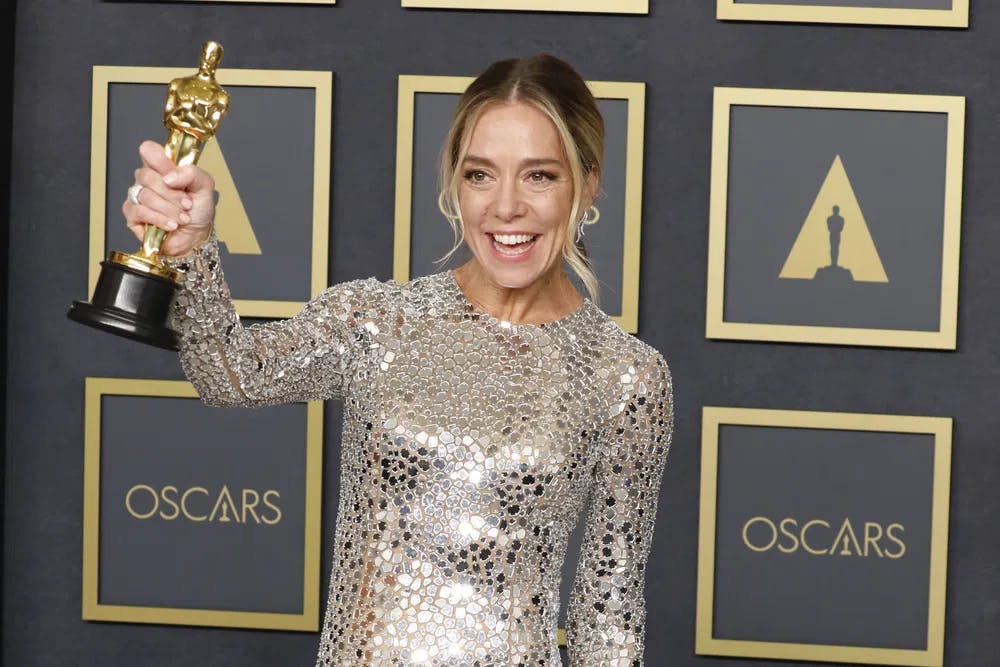
Golden Girl: years before taking her movie "CODA" to win 3 Oscars, including Best Picture, director Sian Heder won the Cinefondation Award at Cannes. / Phot by Hutchinsphoto©, courtesy of Dreamstime.
Short Films
Why they did not name this award La Petit Palme is beyond my comprehension. The Short Films Palme d’Or is the original magnet for new talent. It has been around since 1952. Alas, it’s not reserved just for rookies. Classics like Albert Lamorisse’s “White Mane” (1953) and “The Red Balloon” (1956) took the prize. Jim Jarmusch was already one of the stars of American indie cinema when he won with “Coffee and Cigarettes” (1993). The 12-minute short was actually the third entry in a similarly named series he had been producing since 1986. In 2003, he edited the existing episodes together and shot a few new ones for a feature film titled, you guessed it, “Coffee and Cigarettes.”
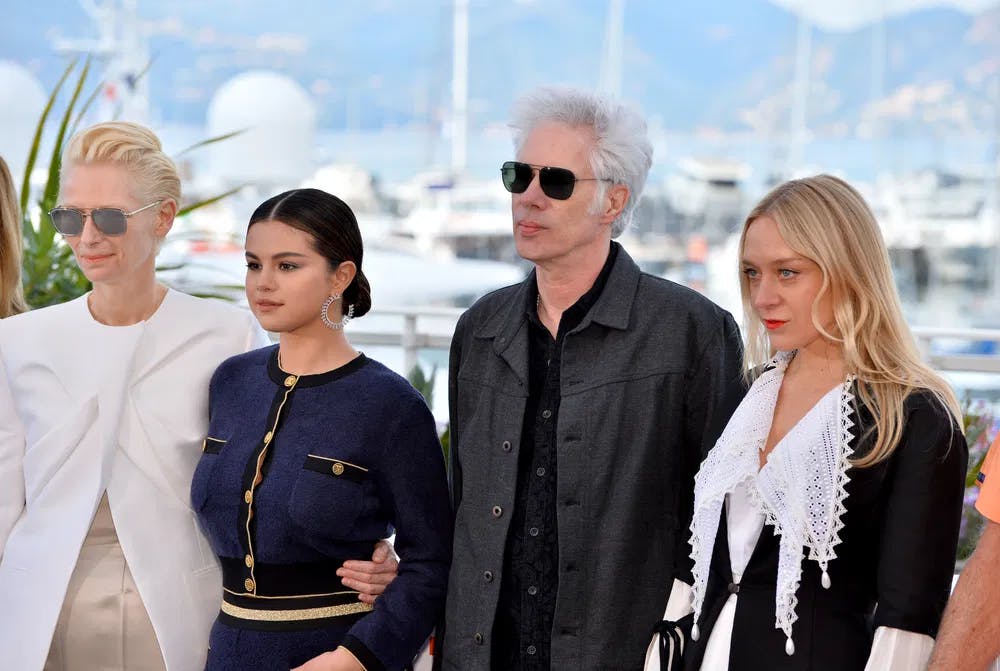
Deadly cool: Tilda Swinton, Selena Gomez, director Jim Jarmusch, and Chloe Sevigny at the 2019 Cannes premiere of "The Dead Don't Die" / Photo by Featureflash©, courtesy of Dreamstime.
But the experts don't have a chokehold on the competition. Some first-timers took the prize and went on to stellar careers. Jane Campion won the 1986 award with “Peel.” She returned in 1993 to win the Palme d’Or with “The Piano.”
Cannes Classics
This sidebar is the main event for classic cinema lovers and buyers from boutique video labels. Every year, this part of the Official Selection serves as a showcase for new restorations and a chance to celebrate the anniversary of legendary movies. It will open screening the first of two parts of a new restoration of Abel Gance’s silent epic "Napoleon" (1927), re-edited according to the directors’ notes. The movie in full—all seven hours—will play worldwide throughout 2024.
Here are the birthday boys. This year, there will be screenings of Akira Kurosawa’s “The Seven Samurai” (70 years!) and Jacques Demy’s “The Umbrellas of Cherbourg” (60 years!). Sometimes, they honor previous Cannes winners. Wim Wender’s “Paris, Texas” (1984) returns 40 years after taking the top prize. Alas, for once, this year’s hot ticket belongs to one of its titles: Cannes Classics will play “Scénarios,” the final film from Jean Luc Godard, left unfinished after he died in 2022.
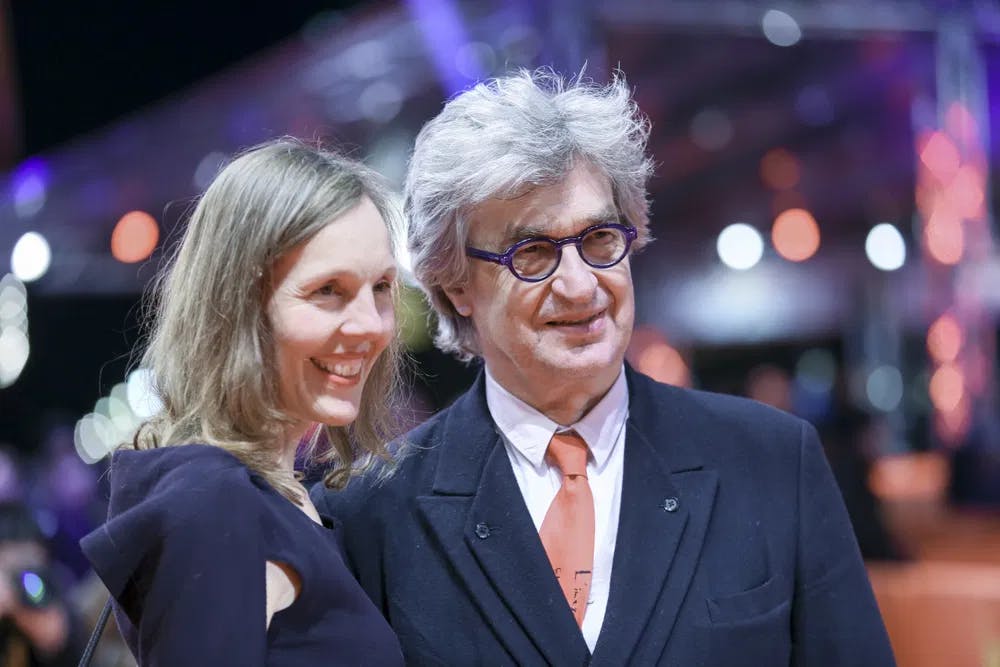
Classic and Contemporary: in 2023, director Wim Wenders competed with his last film, "Perfect Days." One year later, he's back to celebrate the 40th anniversary of his '84 Palm d'Or winner, "Paris, Texas" / Photo by Denis Makarenko©, courtesy of Dreamstime.
Parallel Sections
Critics’ Week and Director’s Fortnight are sidebars managed by their supporting organizations, not the Cannes Film Festival selection committee. Each one has its Jury and awards to hand out. Films programmed here can compete for the Camera d’Or (award for first-time filmmakers).
Where does Cannes take place?
Cannes was far from a sleepy hamlet when the film festival began its history. It’s a small city of barely over 73 thousand inhabitants, which balloons to over 170 thousand during the Festival. Before becoming the epicenter of worldly cinephilia, it was one of the most sought-after spots in the French Riviera — the rich and famous flocked to its beaches, luxurious casinos, and hotels.
Getting accepted into the Festival may be hard, but arriving is rather easy. The town is connected to the rest of France by train, and you can take the TGV from Paris. The high-speed rail covers the 429 miles that separate the cities in about six hours. If you are coming from abroad, book a plane ticket. Two airports are close: the Nice-Cote d’Azur (15 miles away) and the Cannes-Mandelieu (3.6 miles).
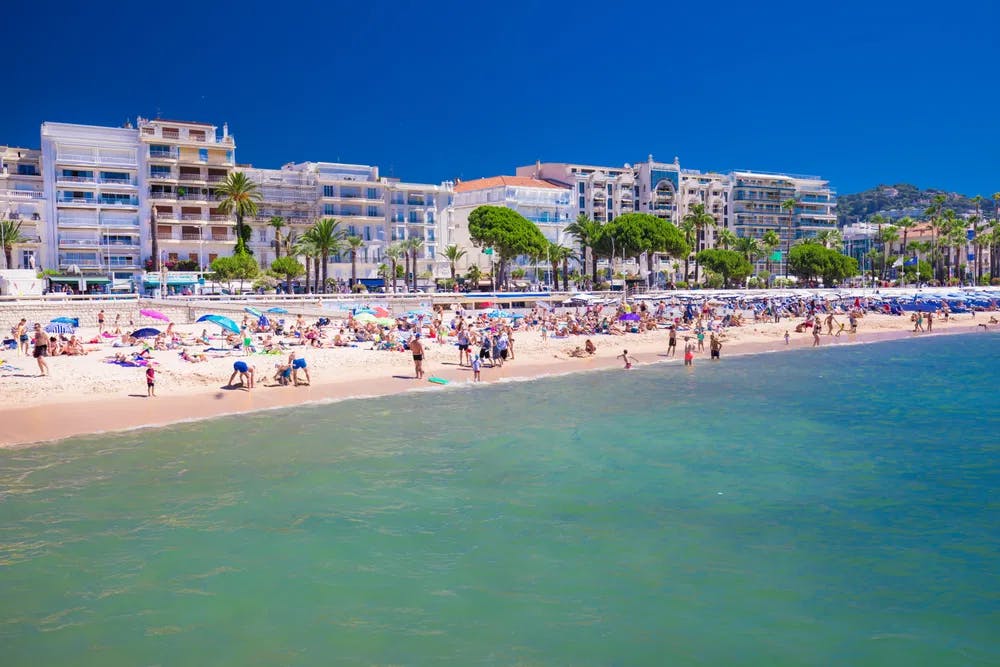
Wait! There is a beach, too:? with all the movie hoopla, it's easy to forget Cannes is a seaside paradise. / Photo by Eva Bocek©, courtesy of Dreamstime.
Why does the Cannes Film Festival Exist?
Here's one of those real-life stories that would make an amazing movie.
You can blame the rise of fascism. Back in 1932, fascist officials under the designs of Benito Mussolini founded the Venice Film Festival under the aegis of the Biennale di Venezia. Filmmakers flocked from Europe and the United States - fascism was not identified as a threat to the free world yet -. Things got unseemly in 1937 when Mussolini maneuvered to prevent the top award from going to the anti-war classic “La Grande Illusion” (Jean Renoir, 1937). It went to the now-forgotten Italian production “Scipio Africanus: The Defeat of Hannibal.” By 1938, they held no pretense of impartiality. The Best Italian film was “Luciano Serra, Pilot.” Mussolini’s son was a shadow producer in the project. “Olympia,” Leni Riefenstahl’s documentary of the 1936 Summer Olympics in Berlin, won Best Foreign Film. By then, she was already the Third Reich’s top propagandist, with “Triumph of the Will” (1935) already under her belt. Mussolini would do anything to please his BFF, Adolf Hitler.
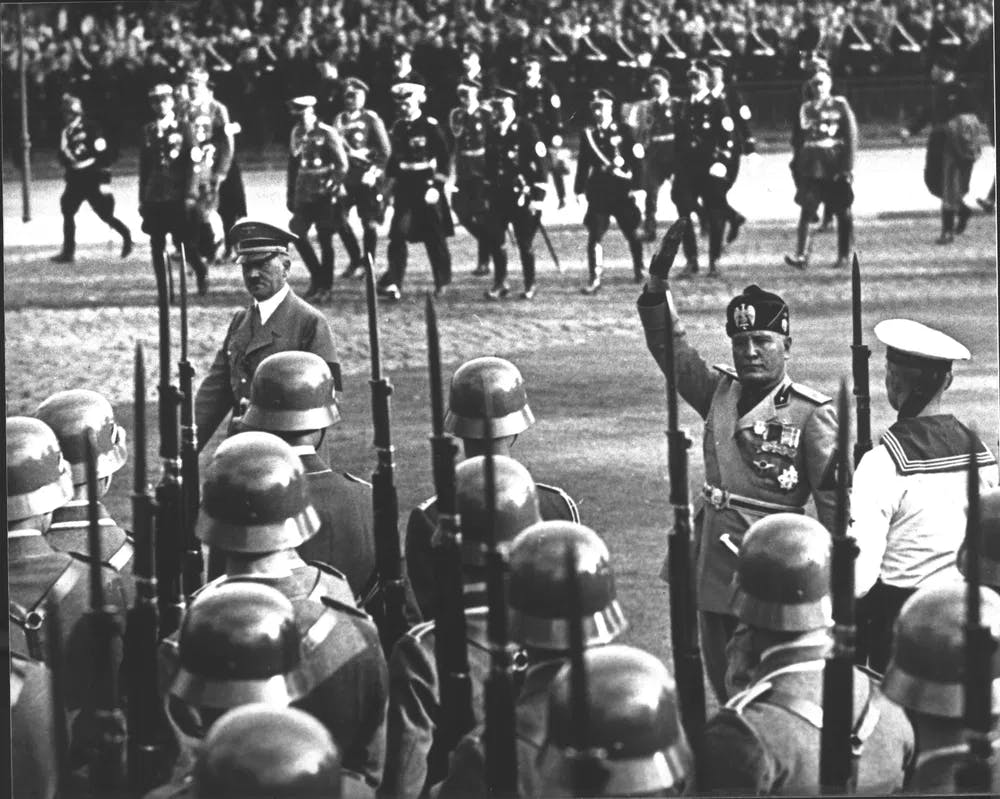
Cursed alliance: Benito Mussolini destroyed the credibility of the Venice Film Festival by sucking up to Hitler. / Photo by Luis Antonio Rosendo©, courtesy of Dreamstime.
Clearly, those countries repelled by fascism could not keep patronizing Venice. It took some time to arrange an alternative. On August 31, 1939, Cannes held the first-ever opening gala of the Festival, screening William Dieterle’s “The Hunchback of Notre Dame.” The choice was a gesture towards Hollywood after the studios put their weight behind the French project. A plane full of stars, including Cary Grant and Norma Shearer, arrived as guests. The party was short-lived. The next day, on September 1, Germany invaded Poland. It was the first salvo in World War II. The Festival was postponed indefinitely.
The Festival was relaunched in 1946, almost a year after Hitler’s downfall. Forty-four films competed for the top prize, the Grand Prix, with 11 getting recognition, including the British production “Brief Encounter” (David Lean,1945) 1946), the Mexican classic “Maria Candelaria” (Emilio Fernandez, 1944), and the Hollywood critical success “The Lost Weekend” (Billy Wilder, 1945). The restart was less than smooth. The 1948 and 1950 editions never happened. From 1951 on, it would hold yearly events, except on two occasions. In 1968, the Festival suspended the show to support the protests by the May ’68 movement that rocked France. In 2020, the Festival fell prey to COVID restrictions. The organizing Committee barely managed to publish the list of selected films.
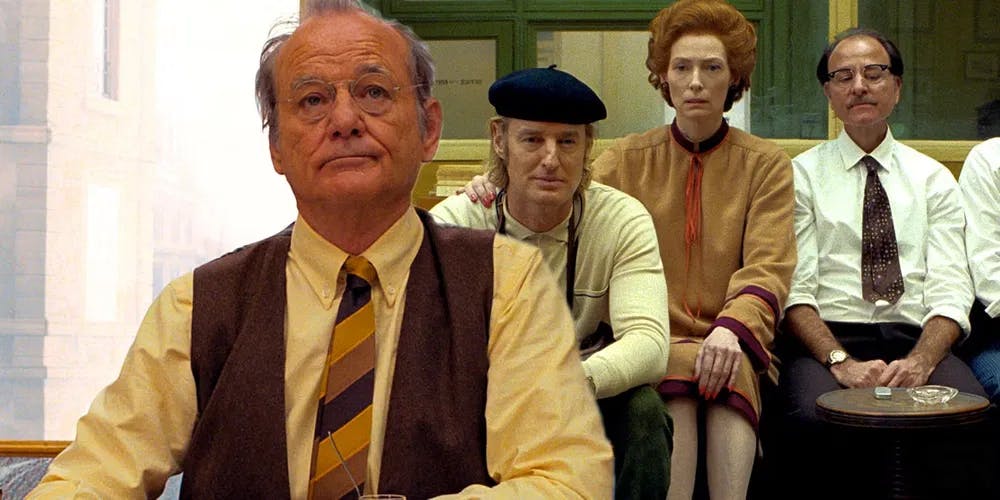
"The French Dispatch" 's lost generation: Bill Murray, Luke Wilson, Tilda Swinton, and Fisher Stevens missed competing in Cannes due to the COVID-19 pandemic. / Photo courtesy of Fox Searchlight.
How do you compete at Cannes?
We went into some detail on how to get your short film into Cannes. It is very similar to feature films. You can find all the information for the 2024 Festival on their website. If you plan on applying for 2025, check the updated rules when they are posted. Some things might change from one year to another.
However, you can keep in mind the following steps:
- Open an account on the Cannes portal. There, you will fill out a submission sheet.
- Most, if not all, of the process place space online.
- Your movie should have been produced in the 12 months preceding the Festival.
- It could have been screened in its country of origin, nowhere else.
- Cannes should be its Film Festival premiere.
- It should not have been distributed online.
- It should uphold Cannes' mission to showcase high-quality work, contribute to the evolution of cinema as an art form, and promote filmmaking worldwide.
- If your movie is in French, it must have English subtitles. If it’s in any other language, it must have French subtitles.
- You must have the copyright or necessary licenses over every film element.
Who decides the winners at Cannes?
The Selection Committee ends its mission once the titles included in the Official Selection are public. Once the Festival starts, it all falls on independent juries to decide - there are juries for every section.
Official Competition
Greta Gerwig keeps riding the “Barbie” wave. She was selected as the Jury President for the 77th Festivals. The eight jury members include actresses Lily Gladstone and Eva Green, Spanish film director J.A. Bayona (who helmed the Oscar-nominated "Society of the Snow"), French actor Omar Sy (Netflix's "Lupin"), Italian actor Pierfrancesco Favino, Japanese director Hirokazu Kore-eda (winner of the 2018 Palme d'Or for "Shoplifters"), Lebanese actress and screenwriter Nadine Labaki, and Turkish writer and director Ebru Ceylan.
This group will decide who gets the Palm d’Or, considered the top prize. Next in line comes the Grand Prix, the second place. The Jury Prize is a virtual third place. They also decide who wins Best Director, Actor, Actress, and Screenplay. They must spread the love around. According to the rules, any film can only get one prize, except for the Jury Prize and Best Screenplays. Those two awards can go to movies that also have an awarded actor.
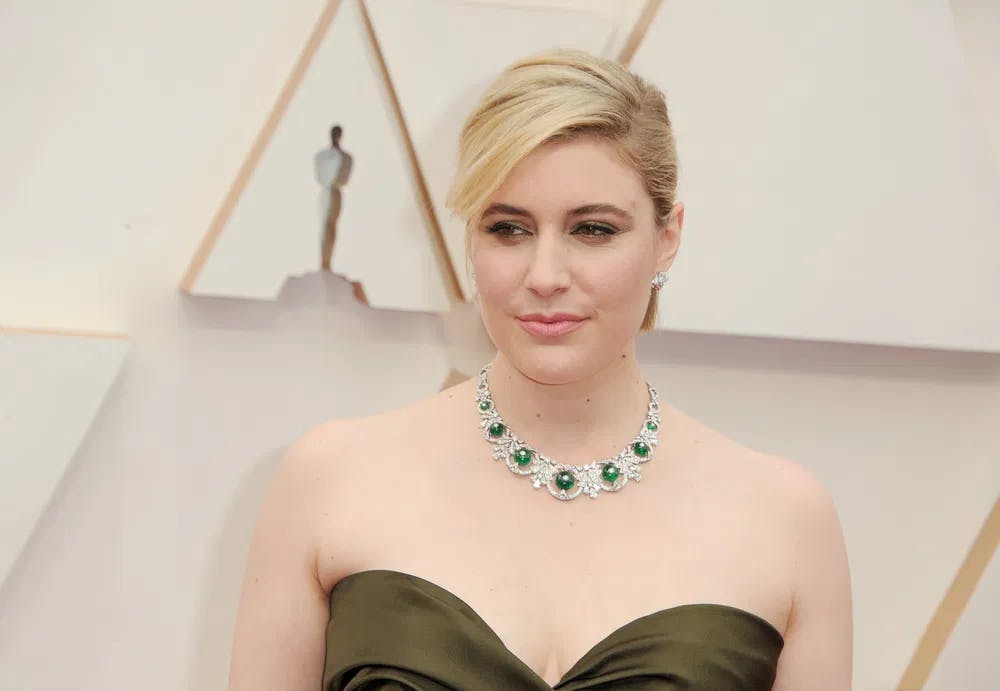
Friendly takeover: Queen of Hollywood Greta Gerwig heads the 2024 Palm d'Or Jury at Cannes. / Photo by Starstock©, courtesy of Dreamstime.
Un Certain Regard
Actor and filmmaker Xavier Dolan is the Un Certain Regards jury president. He is a Cannes darling. It is the only explanation for his invitation, considering how he butted heads with the Official Competition Jury Presidents, Joel and Ethan Coen, in 2015. Famously, Dolan blocked the Jury in their efforts to give the Palm d’Or unanimously to Todd Haynes’ beautiful “Carol.” Why he did it is anyone’s guess. Jacques Audiard “Dheepan” became the consensus beneficiary, taking the prize. During the final press conference, Dolan gloated. “I somehow feel like a better person,” “You are not,” retorted Joel Coen (other versions attribute the putdown to Jury co-member Jake Gyllenhaal).
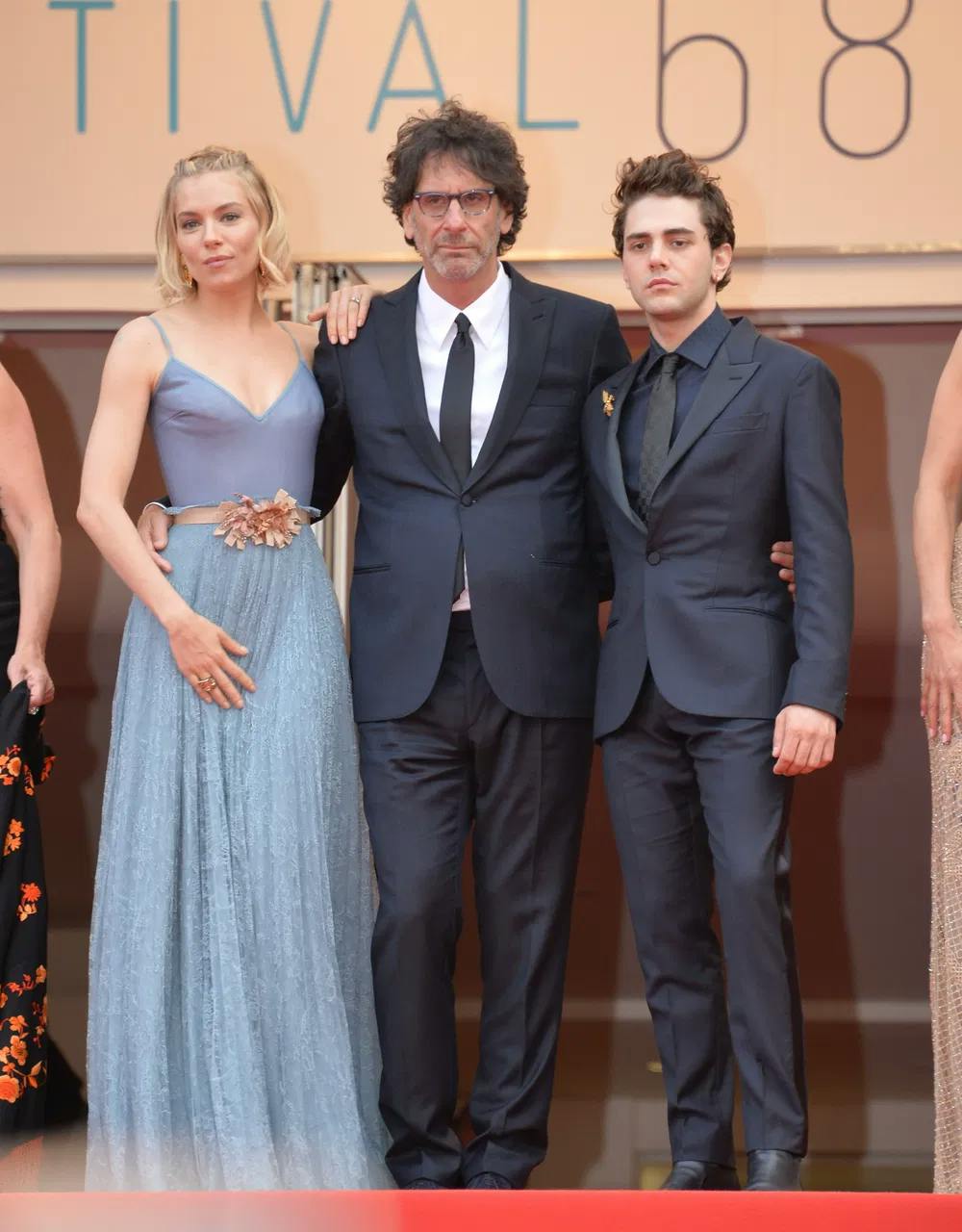
"Carol" was robbed!: 2015 Jury members Joel Coen and Xavier Dolan can barely hide their contempt for each other, while Sienna Miller does her best to save the photo. / Photo by Featureflash©, courtesy of Dreamstime.
Doland sounds charming. Godspeed to the other members: actress Vicky Krieps (Corsage), director Maimouna Doucoure (Cuties), documentarian El Moudir, and American film critic Todd McCarthy.
Camera d’Or
The Camera d’Or Jury, awarded to the Best First Film, is headed by French actress Emmanuelle Beart and Belgian-Congolese musician and filmmaker Baloji. All the first films in the Official Selection compete.
Cannes on the Screen
Let’s get real. Very few of us will get to go to Cannes, even as tourists. That does not mean you will deprive yourself of the festival experience. Several filmmakers have shot movies with the event as a backdrop. Check them out!
Claire’s Camera (2017)
South Korean master Hong Sang-soo gives us an unadorned look at the Festival. A film executive, her assistant, and a famous director get entangled in a love triangle. A French tourist, played by Isabelle Huppert, helps them sort out this comedy of errors entrapping them.
Femme Fatale (2002)
This is the exact opposite of "Claire's Camera." Forget grimmy naturalism; this is an exercise in intoxicating glamour. Brian de Palma starts this underappreciated Hitchcock homage with a spectacular heist executed as the crowd of VIPs takes in Regis Wagnier's "East-West," the opening night film at the 1999 Cannes Film Festival. Rebeca Rojmin-Stamos picks up a supermodel wearing nothing but a spectacular gold serpent encrusted with priceless diamonds. It's not an innocent seduction. Once she leads her to a bathroom stall, her accomplices steal the jewel, valued at 10 million dollars. Before you blink an eye, the double-crossing begins. Antonio Banderas co-stars in this unexpected take on "Vertigo" (Alfred Hitchcock, 1958).
Seduced and Abandoned (2013)
Do not confuse this title with Pietro Germi's 1964 classic Italian comedy. Director James Toback and actor Alec Baldwin travel to the 2012 Cannes Film Festival, purportedly to look for funds for a new project: "Last Tango in Tikrit," a remake of "Last Tango in Paris" in the shadow of the Irak war. It's such a bad idea that it sells the filmmakers' gambit. It's an excuse to roam around with a camera and do a lively documentary about how making movies depends on hustling in film festivals and sucking up fat cats with money. Along the way, you get insights from stars like Jessica Chastain, Ryan Gosling, and Diane Kruger. Legendary directors like Francis Ford Coppola, Martin Scorsese, and Bernardo Bertolucci share their wisdom in candid interviews.
- The 77th Cannes Film Festival will take place from May 14 to May 25, 2024.
Want to get an email when we publish new content?
Subscribe today


